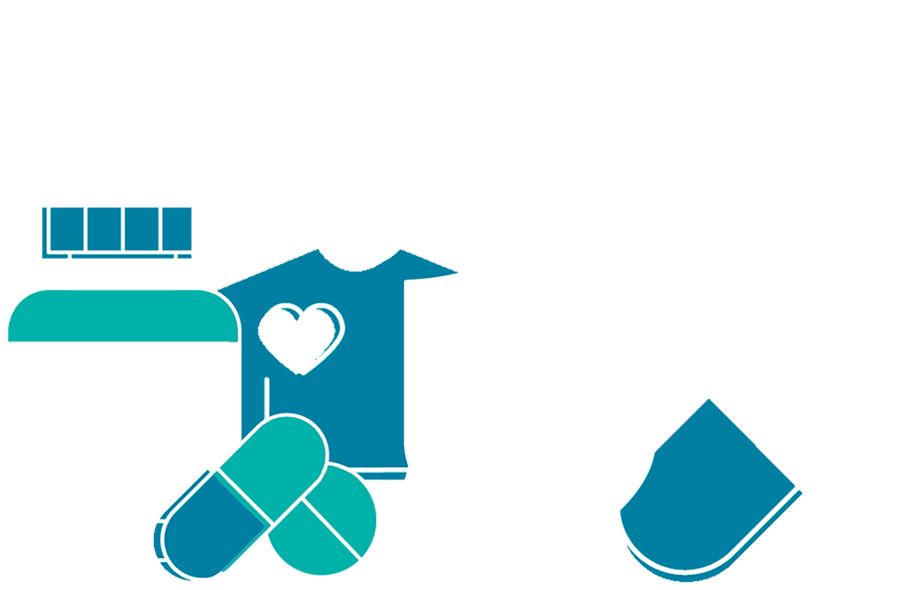We’re pleased to announce that we’ll be holding a symposium at Pharmacology 2025!
The symposium, “Delivering novel prescribing education solutions via the BPS Assessment platform” will bring together leading voices in prescribing education.
If you’re coming to Pharmacology 2025 then make sure you catch us on Thursday 18th December 2025 9:00am-10:45am in the main auditorium. If you haven’t already secured your ticket, registration is available here
What we will be talking about
The BPS Assessment platform is a bespoke and robust learning environment capable of hosting the development and delivery of eLearning materials and assessments in the fields of prescribing and pharmacology.
Prescribing and supervising the use of medicines is critical to delivering high quality healthcare, in both hospitals and primary care. Given these complexities, it is perhaps not surprising that poor prescribing is common, with around 5 to 10% of UK prescriptions containing an error. In these circumstances it is important that undergraduate and continuing education provides the training to ensure that all prescribers meet minimum standards of prescribing competency.
With that challenge in mind, the BPS built a bespoke platform to support the hosting of the Prescribing Safety Assessment (PSA) on behalf of the British Pharmacological Society (BPS) and UK Medical Schools.
In recent years, it has been developed to provide additional tools for users to support newer approaches to education. This symposium will describe some of those new developments and how the platform is being used to service the needs of prescribing training for postgraduate doctors, undergraduate medical students and pharmacists.
We hope that the presentations will inspire other BPS members and attendees to see how the platform could be deployed in their own teaching and assessment.
Our speakers
Chair: Professor Simon Maxwell
Talk 1: The BPSA platform: new innovations on an established platform – Mr Peter Wright, BPS Assessment
Talk 2: Supporting prescribing training for NHS foundation doctors in Ayrshire and Arran Health Board – Sarah McDonald, NHS Ayrshire and Arran; Frances Bendall, NHS Ayrshire and Arran
Talk 3: Supporting prescribing training for undergraduate medical students at the University of Manchester – Dr Kurt Wilson and Dr Hiten Mitha, University of Manchester
Talk 4: Prescribing skills and the PSA: MPharm students’ perspectives – Clare Murray, Queen’s University, Belfast.
Meet with our team
Want to request some dedicated time with our team while you’re at Pharmacology 2025? Book a meeting with us here to ensure you get a one to one session so we can answer your questions and discuss anything you’d like to know on the day.


